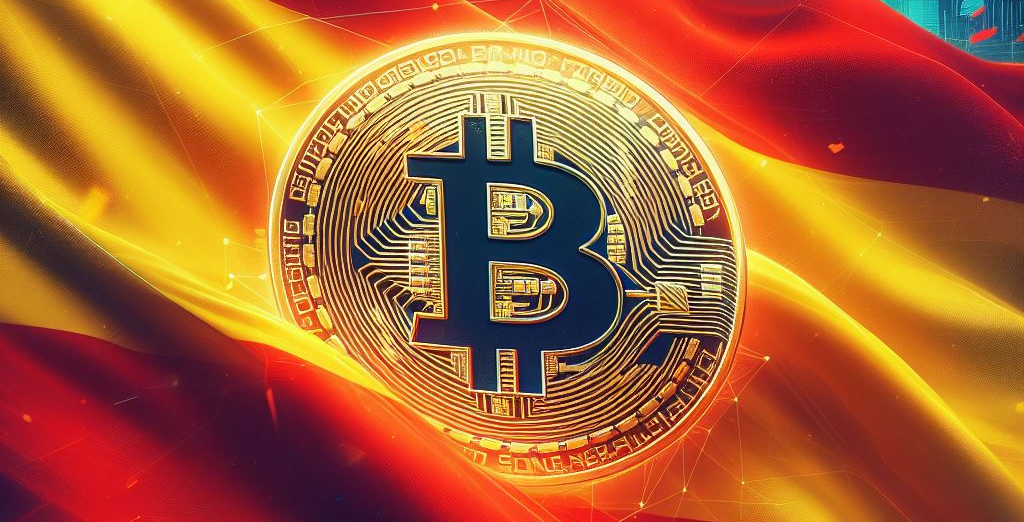Spain Tightens Control Over Cryptocurrencies: Confiscation for Non-Payment of Taxes

Spanish authorities are introducing legislative changes tightening control over the cryptocurrency market. The aim of these measures is to combat tax evasion and increase tax collection.
New regulations:
- Expanding the range of organizations providing transaction information: In addition to banks, savings banks, and credit unions, companies related to electronic money, including cryptocurrency exchanges, will also be required to do so.
- Mandatory declaration: Spanish residents who own cryptocurrencies on foreign platforms must file a declaration by the end of March 2024 reflecting their assets as of December 31, 2023.
- Confiscation for non-payment of taxes: In case of non-payment of taxes on cryptocurrency, it can be confiscated.
Expected results:
- Increased tax collection: The Spanish treasury is estimated to lose millions of euros annually due to non-payment of taxes on cryptocurrencies.
- Combating the shadow economy: Confiscation of crypto assets will become a tool in the fight against money laundering and other financial crimes.
Expert opinion:
- Efficiency: Experts note that the confiscation of crypto assets can be an effective tool in combating tax evasion.
- Difficulties: The implementation of this measure can be difficult due to the anonymity of cryptocurrencies.
The Spanish Ministry of Finance is expected to publish more details on the new regulations in the near future.
Impact:
- Increased control: The new rules may lead to many investors abandoning cryptocurrencies.
- Reduced attractiveness: Spain may become a less attractive jurisdiction for cryptocurrency companies.
Overall, the tightening of control over cryptocurrencies in Spain is part of a global trend towards increasing transparency and legalization of this market.
Author: Denis Tabyrtsa